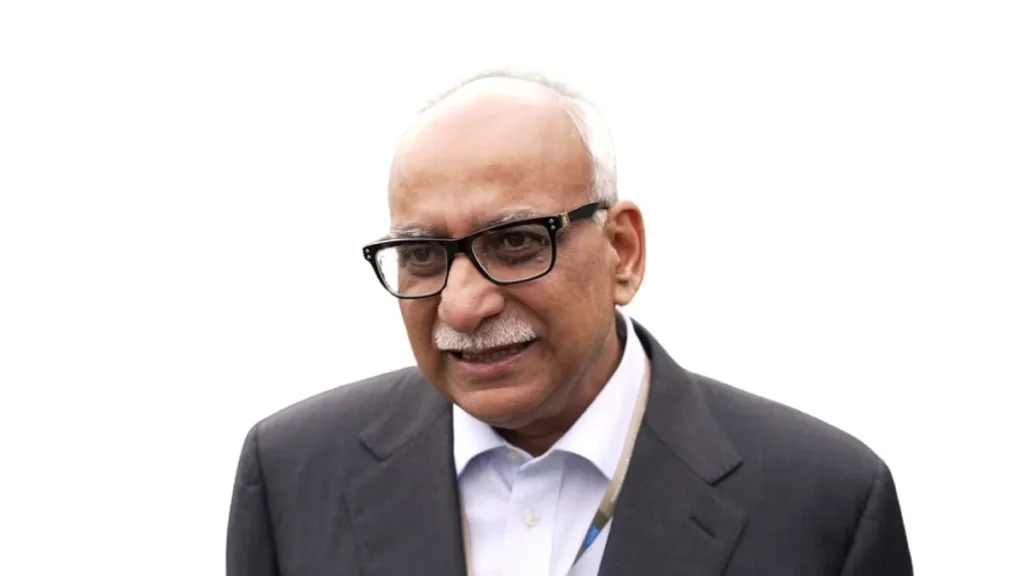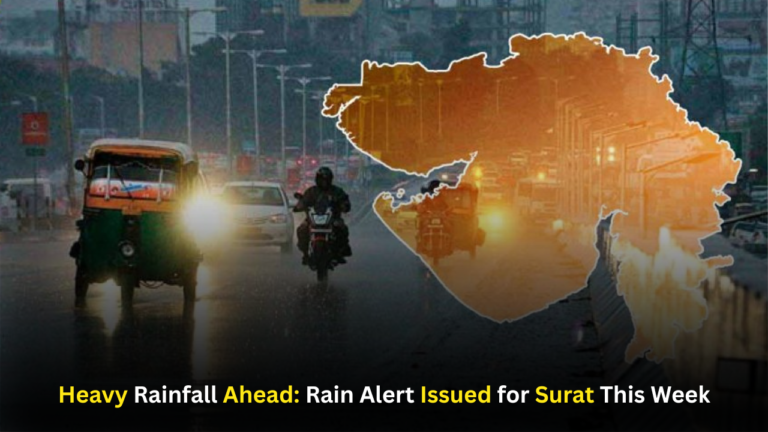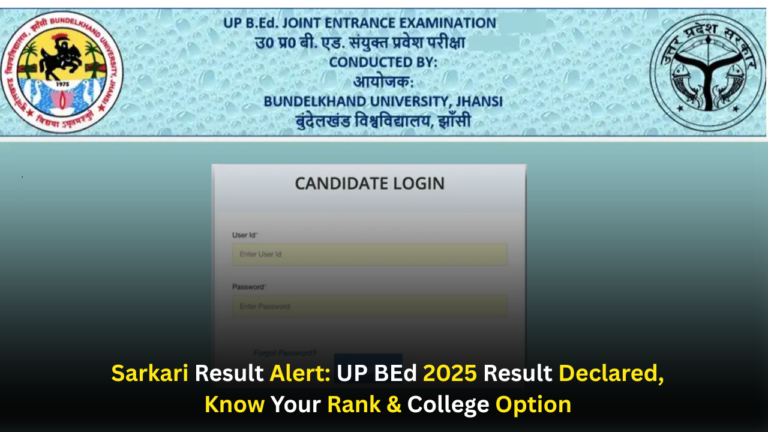
National Security
The step comes as a part of an overarching national security reshuffle being propelled by Prime Minister Narendra Modi after the worst terrorist attack on non-combatants in years.
In the wake of increasing tensions with Pakistan after the Pahalgam terror attack, the Indian government has reconstituted the National Security Advisory Board (NSAB) with senior ex-officials from the armed forces, intelligence, diplomacy, and police services. The development is part of a wider national security overhaul being initiated by Prime Minister Narendra Modi in the aftermath of the worst terror attack on civilians in recent history.
Former head of Research and Analysis Wing (R&AW) Alok Joshi is the new Chairman of the NSAB. He will head a seven-member board with retired senior officers from India’s military, police, and foreign service. These are former Western Air Commander Air Marshal PM Sinha, former Lt Gen AK Singh who was the Southern Army Commander, and Rear Admiral Monty Khanna from the armed forces.
The board also consists of Rajiv Ranjan Verma and Manmohan Singh, who are retired Indian Police Service officers, and B Venkatesh Varma, who is a retired Indian Foreign Service officer.
The timing of the board’s reconstitution is significant. On Wednesday, Prime Minister Modi chaired two back-to-back meetings — first with the Cabinet Committee on Security (CCS) and then with the Cabinet Committee on Political Affairs (CCPA), known informally as the ‘super cabinet’. These high-level deliberations follow Modi’s earlier statement that India would respond to the Pahalgam killings with decisive action.

National Security
In a high-level interaction with Defence Minister Rajnath Singh, National Security Advisor Ajit Doval, Chief of Defence Staff General Anil Chauhan and the three service chiefs, the Prime Minister stated, “They have complete operational freedom to decide on the mode, targets and timing of our response.”
Modi promised to hunt down the perpetrators of the Pahalgam attack and their sponsors “to the ends of earth” and “administer the maximum punishment on them beyond their wildest imagination.” The attack that killed 26 civilians—chiefly tourists—has triggered massive outrage throughout India.
The government has already taken a series of retaliatory actions against Pakistan, ranging from putting the Indus Waters Treaty under examination. The Cabinet Committee on Political Affairs, last meeting in 2019 after the Pulwama attack, has been brought back into operation in the wake of the most recent attack, indicating possible harsh actions in the offing.



